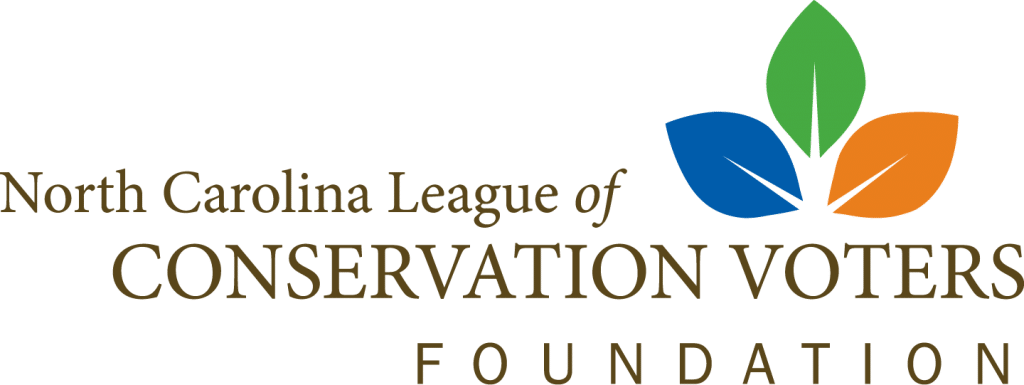NCLCV Foundation Mission Statement
North Carolina League of Conservation Voters Foundation (NCLCVF) connects and engages people to protect our natural environment and promote the well-being of our communities. We work to turn environmental values into NC priorities by engaging people in the democratic process, organizing in communities to connect environmental policies to people’s daily lives, cultivating environmental leaders, and advocating for policies at the state and local level that protect the health and quality of life for all North Carolinians, with an intentional focus on systematically excluded communities of color.
We fulfill our mission by:
Mobilizing and Engaging People in Democracy: Every North Carolinian deserves a voice in our elections and equal access to the democratic process. We implement strategic nonpartisan voter engagement programs in election years. And, we engage people in the civic process year-round, focusing on underrepresented communities who are often on the frontlines of environmental degradation. Our vision is to see a robust, informed democracy where elected officials’ actions reflect citizens’ interests and priorities.
Connecting to People’s Daily Lives: We partner with diverse communities, leaders, and allies at the intersection of environment, the economy, and health to build a broad base of North Carolinians engaging, acting, and voting on the environment at all levels of government. We organize at the local level so citizens can shape the decisions that impact their families and communities.
Advocating for Sound Environmental Protections: In order to protect the environment and the health of our communities and economy, we need the right laws in place and enforced. We advance policies that protect our health and quality of life, work to enforce those laws effectively, and educate the public and elected officials about critical environmental issues.
Our Vision
Every person in North Carolina has equitable access to participate in a thriving democracy that represents and is accountable to their communities and in a government which prioritizes clean air, clean water, and a healthy environment, especially for those communities first and worst impacted by environmental injustices.
We believe:
- Participating in democracy is the most important thing we can do for the environment.
- Diversity, equity, and inclusion are as important as clean air and clean water.
- Everyone has a right to vote and a right to breathe clean air.

